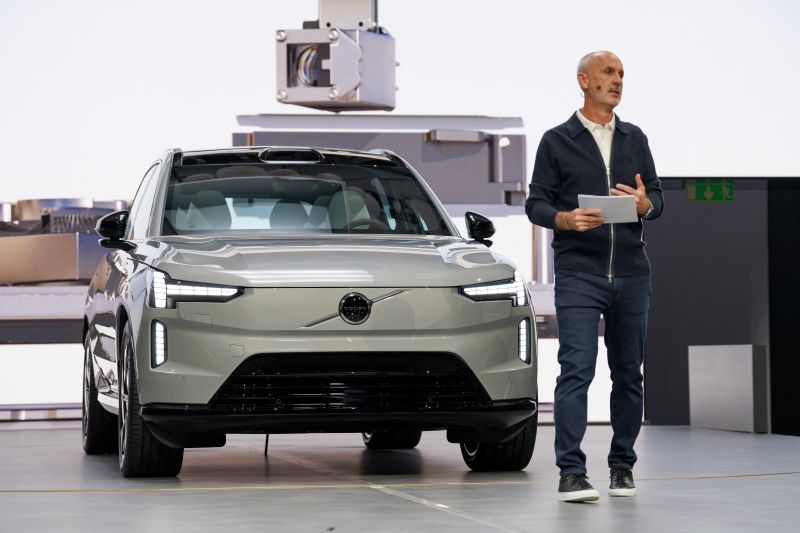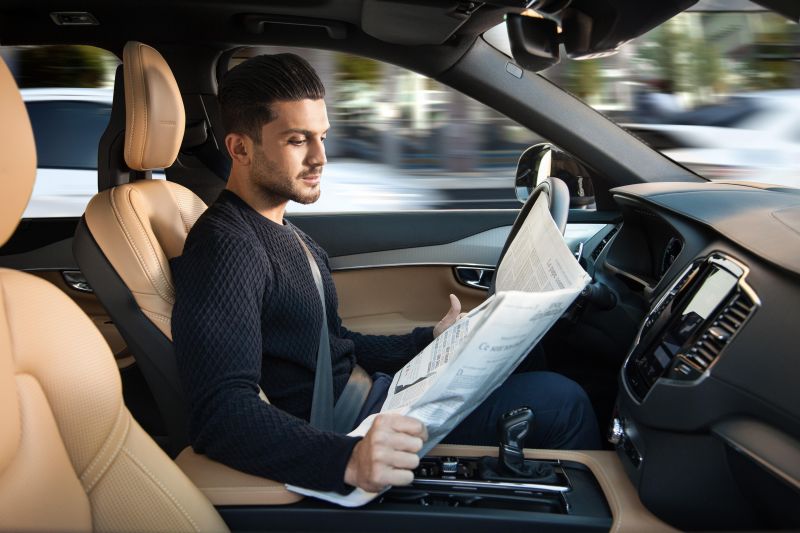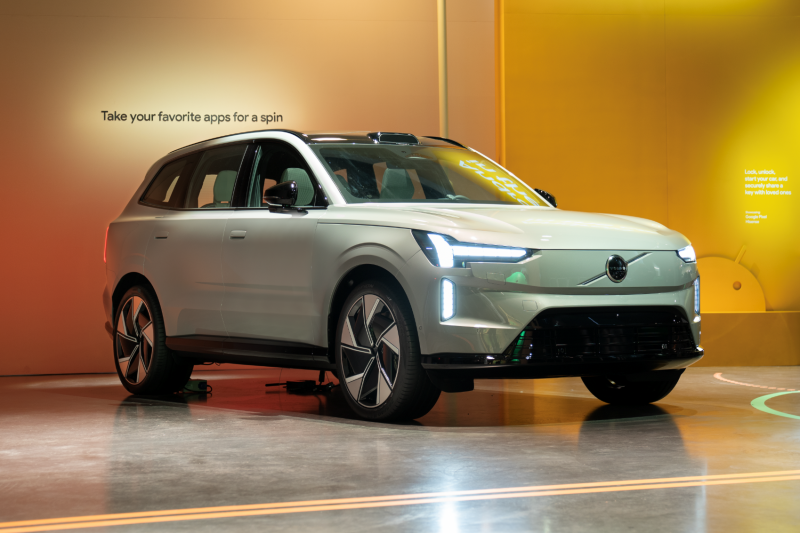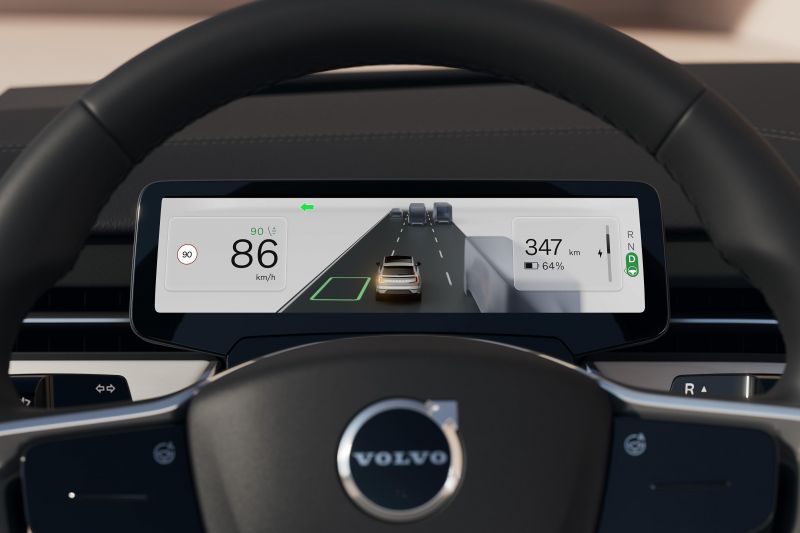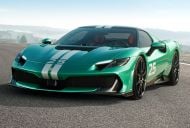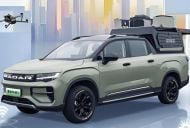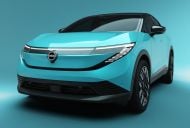Fully self-driving cars won’t manifest for a long time yet even as the technology side of things matures, says current Volvo global chief Jim Rowan.
He also called the current system of classifying self-driving cars into five levels ‘nonsense’, and said unsubstantiated claims around driverless vehicle development no longer inflate share value as they did a few years ago.
The Scotland-born CEO of Volvo Cars (and former head of Dyson) was in Melbourne last week as part of a visit to far-flung regions of his business, and gave some time to local media.
MORE: Interview – why did former Dyson boss join Volvo as CEO?
The first bone of contention centred around the current definitions of autonomous driving (AD) as defined by the Society of Automotive Engineers, ranging from Level 0 through to Level 5, each number implying greater degrees of automated driving.
“This big method [that] there’s five different levels of autonomy, is nonsense in my opinion,” Mr Rowan opined. “You’ve got two levels of autonomy. One is your hands on the steering wheel, one is your hands off the steering wheel, alright?
“Hands on the steering wheel is ADAS (Advanced Driver Assist Systems), to different levels of ADAS. The faster you can go, how quickly you can take the corner, automatic lane-change assist, automatic braking and all that stuff.
“And we’ll continue [that], but you still need to have your hands on the steering wheel.
“And then hands-off. The technology for full autonomous is there already. Of course different speeds and different conditions and so on, but can we drive the car fully autonomous? Yes.
“[However] does regulation allow that? No. So I think regulation will be the barrier towards full adoption of full AD more than technology will,” he added.
Mr Rowan expanded on this by saying that even if the technology required for self-driving – in terms of better sensors such as LiDAR, and faster computational abilities – were to manifest, there remain myriad issues before OEMs can simply start to roll it out responsibly.
“You’re going to have the computational power, you’re going to have the software that can do it, and maybe it starts off on a highway in certain areas, probably California, designated lanes on the highway, designated routes from the airport to downtown,” he suggested.
“You’re going to find, probably, that will be the first place that full AD is allowed to go. Almost like a taxi service. You know, you jump in, there’s no driver, or you can take your hands off yourself and use your own AD system.
“But driving inside a city where there are schools, and roadworks, where there’s a lot of change every day? I think that’s a long, long way off.”
More importantly, Mr Rowan sounded a warning to the likes of Elon Musk, stating that simply building up buzz around AD claims would no longer drive up the market cap of car brands and tech brands as it did just a few years ago.
“I think people have started to realise that [full AD is years off] and that’s why it’s no longer driving share value, because the markets have realised it as well, and the investors have realised it,” he said.
“So you don’t get a multiple on your stock any longer if you say ‘I’ve got full AD’. ‘Like, you might have, but legislation’s not going to allow it. So we’re not going to give you a premium on your stock cause you’ve got that’.
Mr Rowan said in the meantime Volvo would continue to build up its proprietary software stack based on advanced chips, with an eye to being ready for AD once the world’s legislators allow it.
“… The way we’re building that software stack is that we can keep developing ADAS all the way up to full AD,” he said. “Technology-wise, I’m pretty confident that we will have the technology in order to do that when legislation allows that to happen in certain conditions.”
The obvious followup question is, if AD claims don’t drive investor value, what aspects will thereby determine market caps?
“It’s going to be differentiation on the tech for sure,” Mr Rowan said.
“Actually my firm belief is that the car companies who get this right in the next two or three years, make the right investments, the right ‘build versus buy’ investments… LiDARs and radars and core computing technology… the car companies who get this right should be some of the biggest technology companies on the planet in the next decade.
“… And of course, some of that’s going to rely on your competency around AI and machine learning, AI algorithmic programming and then whatever else is coming next that drives differentiation and allows you to build a war chest of IP that protects you and your differentiation, and which you may choose to license in order to have a revenue stream.”
MORE: Interview – why did former Dyson boss join Volvo as CEO?
MORE: Volvo sold more EVs than ICE cars in Australia last month





